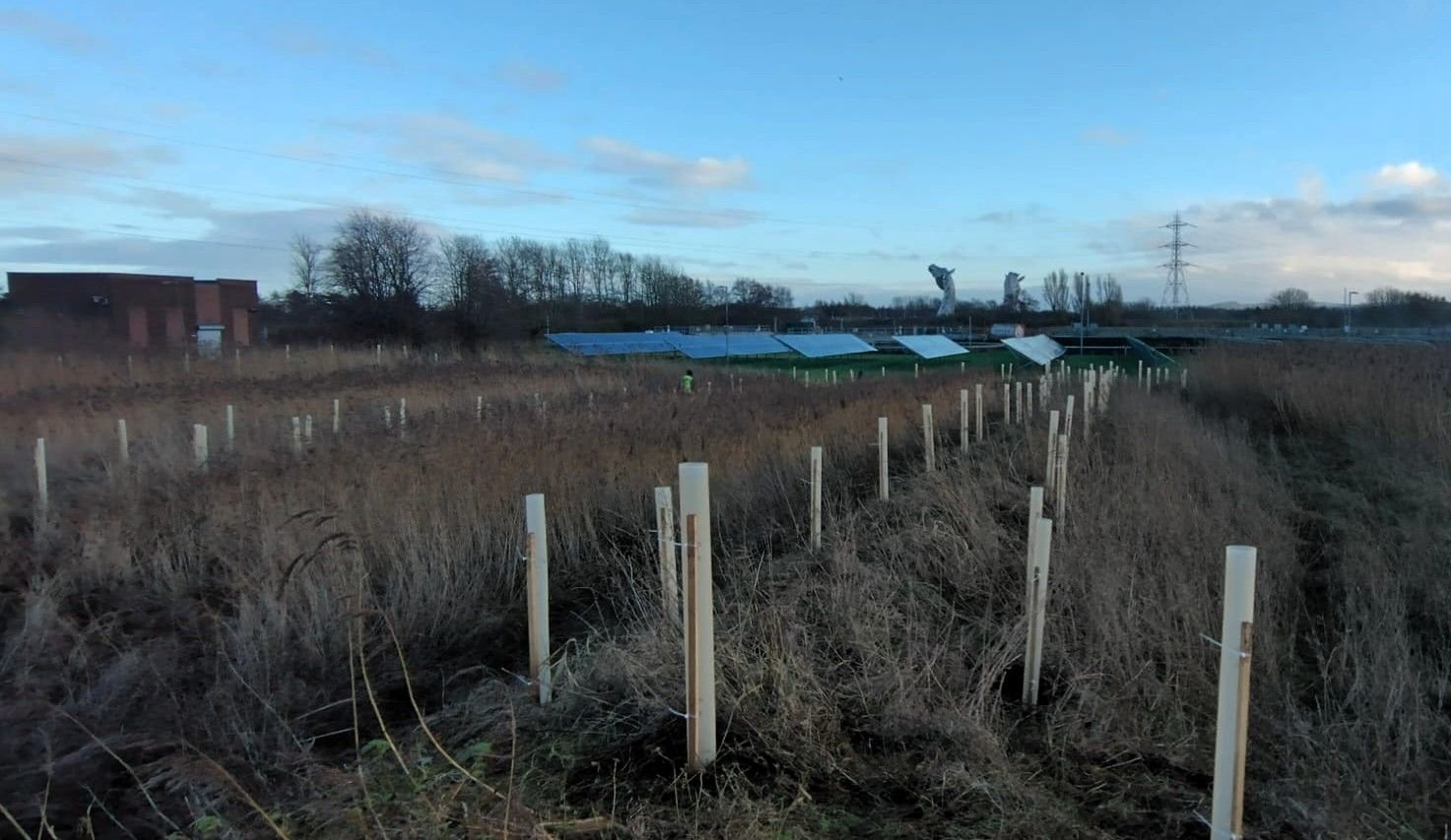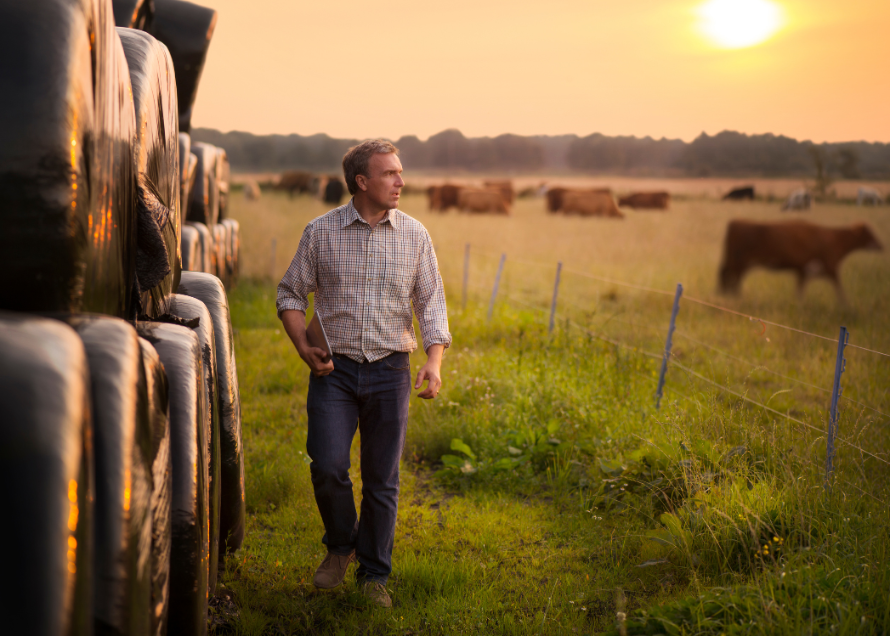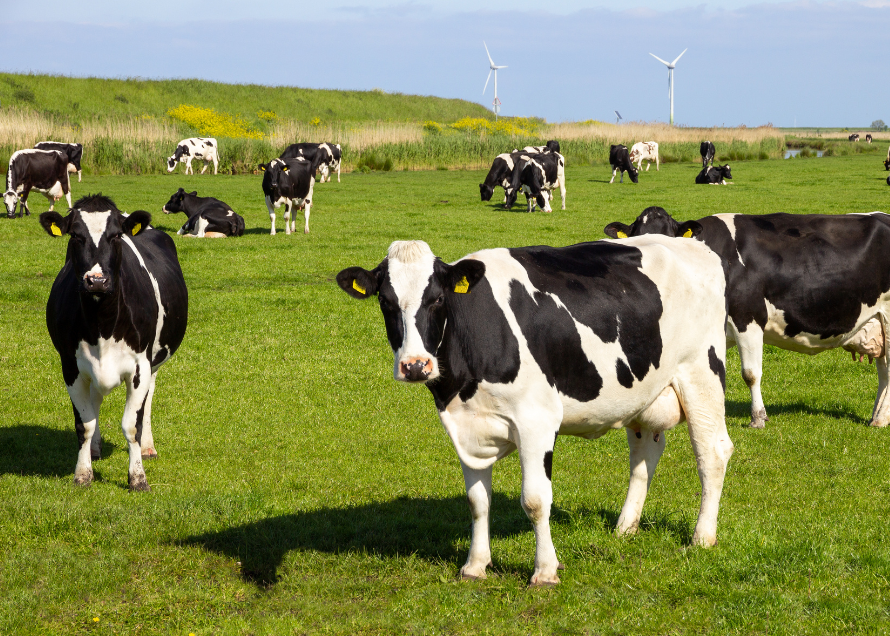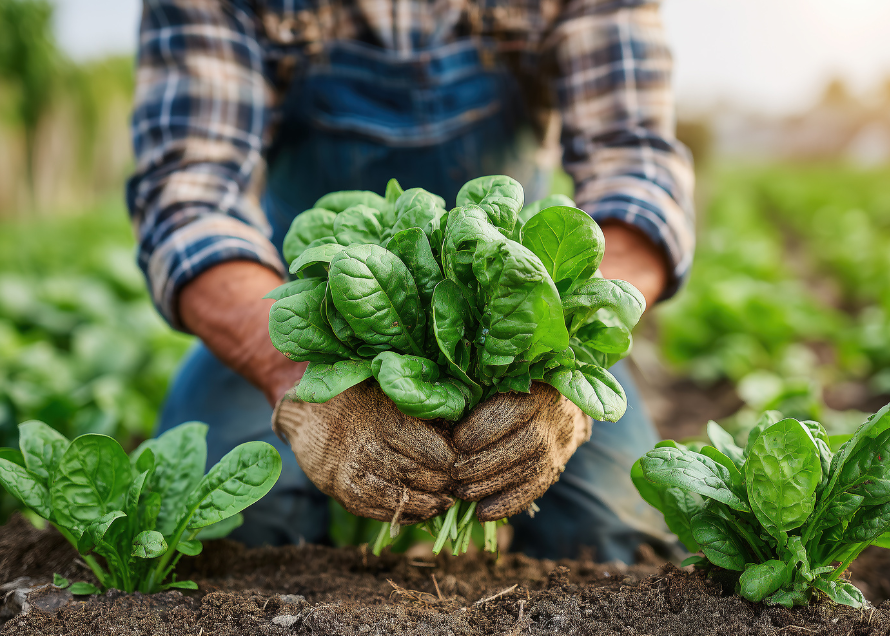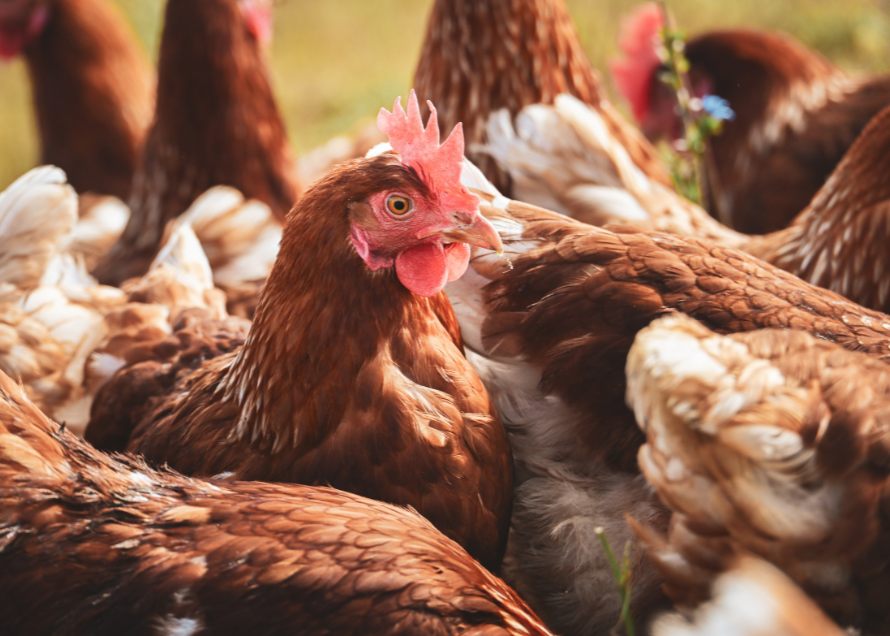Scottish land management experts are urging farmers to act quickly following the release of revised Greening Guidance published this week by the Scottish Government.
FBRSeed, one of Scotland’s leading rural advisory firms, is warning that complacency or inaction now could see both long-standing and newly affected farmers risk penalties or lose out on significant subsidy entitlements.
Set to take effect in January 2026, the changes, require farmers who grow at least 15 Hectares of crops or rotational grassland to dedicate at least five per cent of their arable land to specific, environmentally beneficial practices, known as Ecological Focus Areas (EFAs).
Jenni Douglas, Director at FBR Seed and the firm’s lead on agricultural policy and government schemes said: “We know that EFAs have been around for a decade, and in that time have been largely unchanged, but farmers need to be aware of the changes coming into force in 2026.
“This matters to two main groups of farmers. First, those already doing EFAs who may not realise that the rules have changed, and their current practices might no longer count.
“Second, farmers who’ve never had to worry about EFAs before, like many in the dairy sector or those with more grassland, but who are now being brought into the scheme for the first time.
“Previous management of EFA’s may no longer count as the rules for existing options are being amended in an attempt to provide a larger benefit to biodiversity and soil health across the country.”
First introduced in 2015, EFAs were designed to ensure a portion of public subsidies supported environmental improvement efforts, such as biodiversity and soil health.
Compliance accounts for roughly a third of a farmer’s total subsidy payment, paid essentially as a top-up to their Basic Payment Scheme (BPS) income, equating to an additional £75 per hectare.
A positive take from the revised guidance is the introduction of 4 new EFA options for businesses, such as herb and legume rich grassland or low input grassland, providing options suitable to the wider range of claimants targeted by these rules.
Existing options however have had an overhaul, with fallow ground now requiring a ground cover, minimum field margin widths being increased and the window to cut hedgerows being dramatically reduced.
Jenni continued: “Farmers are being give advance notice of these changes for 2026 to give them the chance to plan ahead – a rarity in Reform guidance to date! We are therefore advising claimants to take advantage of this additional time to act prior to planning their autumn cropping to avoid panic or non-compliance issues next Spring, at the worst possible time.
“All Scottish claimants are being contacted by letter from the government this week, but this guidance is dense, technical and sometimes contradictory.
“It’s essential that farmers seek advice early and properly assess their land and practices against the updated criteria, and FBRSeed is positioned perfectly to provide this advice and support.”
Richard Armitage, Director at FBR Seed, said: “Farmers need to start mapping, planning and choosing compliant habitats soon. Leaving it too late could mean having to tear up growing crops in spring or, worse, not qualifying for their Greening payment altogether.
“With so much critical funding at stake, we see it as our responsibility to make sure farmers don’t leaving planning too late.
“At a time when there’s a real drive to become more self-sufficient and increase food production, we understand that there will be frustration from farmers who will be required to take good land out of production just to meet these new rules.
“Scotland already boasts an abundance of biodiversity and a diverse range of crops, we should be building on that, not compromising it.
“We’re already helping clients interpret the guidance, select viable EFA options, and plan their autumn sowing with compliance in mind. We would urge anyone unsure about the impact on their business to get in touch sooner rather than later.”
Built on a foundation of trust and long-term relationships, FBR Seed delivers honest, straightforward advice rooted in deep sector knowledge and an unwavering commitment to its clients.
With a multi-disciplinary team of land agents, chartered surveyors, and rural specialists, it offers the full spectrum of professional services, from estate and farm sales to outsourced bookkeeping and full-service estate management.
The business draws on generations of farming heritage and a practical understanding of rural life, providing tailored support to landowners, estate managers, and rural businesses.
You Might Also Like:
No related posts.
Based in the Scottish Borders and Lothians, FBR Seed combines local insight with national reach, helping clients navigate a rapidly evolving rural landscape.
Though officially formed in 2019 through the merger of Seed & Company and FBR Ltd., the firm’s roots date back to 1966 and it continues to grow through strategic acquisitions and sustained demand for trusted rural advisory expertise.
To learn more about FBR Seed, please visit: https://www.fbrseed.com/


